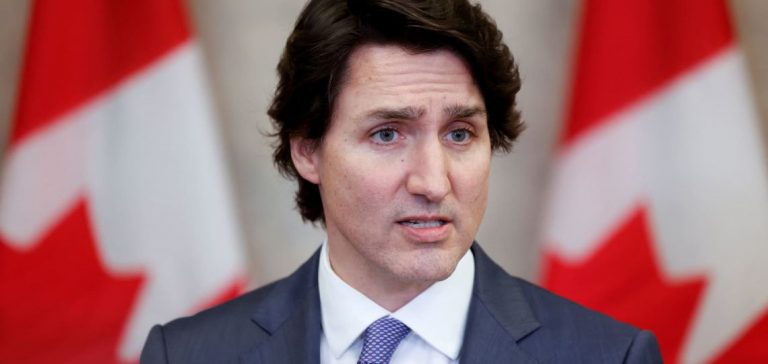Canada recently announced an additional investment of 500 million Canadian dollars in the Smart Renewables and Electrification Pathways (SREPs) program. This initiative aims to fund new renewable energy projects to support the transition to a cleaner and more efficient electrical grid. Canadian Minister of Energy and Natural Resources, Jonathan Wilkinson, emphasized the importance of this measure to strengthen grid reliability and meet the growing demand for electricity. The government is also calling on private investors to actively participate in financing the country’s energy transition.
This new funding brings the total of the SREPs program to approximately 4.5 billion Canadian dollars. Since its launch in 2021, the program has approved funding for 72 projects, enabling the deployment of about 2,700 megawatts of new renewable energy capacity. These projects are expected to produce enough electricity to power 700,000 homes annually and reduce carbon dioxide equivalent (CO2e) emissions by more than 3.1 megatons per year. The investments notably aim to modernize existing infrastructures, improve grid reliability, and integrate new renewable energy sources.
A Strong Growth in Energy Demand
The increase in electricity demand is partly attributed to the proliferation of data centers across the country. Canadian utility companies now have to incorporate the electricity consumption of these centers into their forecasts. For example, Hydro-Québec anticipates an increase of 4.1 terawatt-hours in electricity demand from data centers between 2023 and 2032. Similarly, electrical system operators in Ontario and Alberta are taking this growth into account in their energy outlooks.
The government estimates that to achieve carbon neutrality, Canada will need to invest between 125 and 140 billion Canadian dollars per year. This figure underscores the scale of investments required to transform the country’s energy landscape. In addition to public funds, the government emphasizes the importance of private investments to bridge this financial gap. The call for private investment is also supported by new guidelines aimed at attracting global capital to clean energy projects in Canada.
New Guidelines for Sustainable Investments
Alongside this funding, the Canadian government unveiled a new framework for climate investment taxonomy. Announced on October 9, these voluntary guidelines, dubbed “Made-In-Canada,” aim to strengthen private investments in the decarbonization of the energy sector. The government asserts that beyond financial incentives, investors need robust and transparent guidelines to credibly classify their investments in the clean economy on the path to carbon neutrality.
Furthermore, Canada will mandate “climate-related financial disclosures for large, federally incorporated private companies.” According to the government, these mandatory disclosures will attract more private capital and allow for better competitiveness on the international stage. Jonathan Arnold, Research Lead at the Canadian Climate Institute, welcomed these initiatives, stating that they set the stage for a “major acceleration of Canada’s clean energy transition.”
A Call for Public-Private Collaboration
Minister Wilkinson stressed the necessity of close collaboration among provincial and territorial governments, Indigenous communities, and non-governmental partners to achieve the common goals of a clean and energy-efficient electrical grid. The funds allocated in this latest funding cycle will be awarded to projects that modernize existing assets, increase grid reliability, add new renewable energy resources, and help meet the growing demand for electricity.
Since 2021, the SREPs program has demonstrated its effectiveness by supporting projects that significantly contribute to reducing greenhouse gas emissions and transitioning to renewable energy sources. The funded initiatives not only promote economic growth but also strengthen Canada’s position as a global leader in clean energy. The government continues to encourage investments that support these environmental and economic objectives.






















